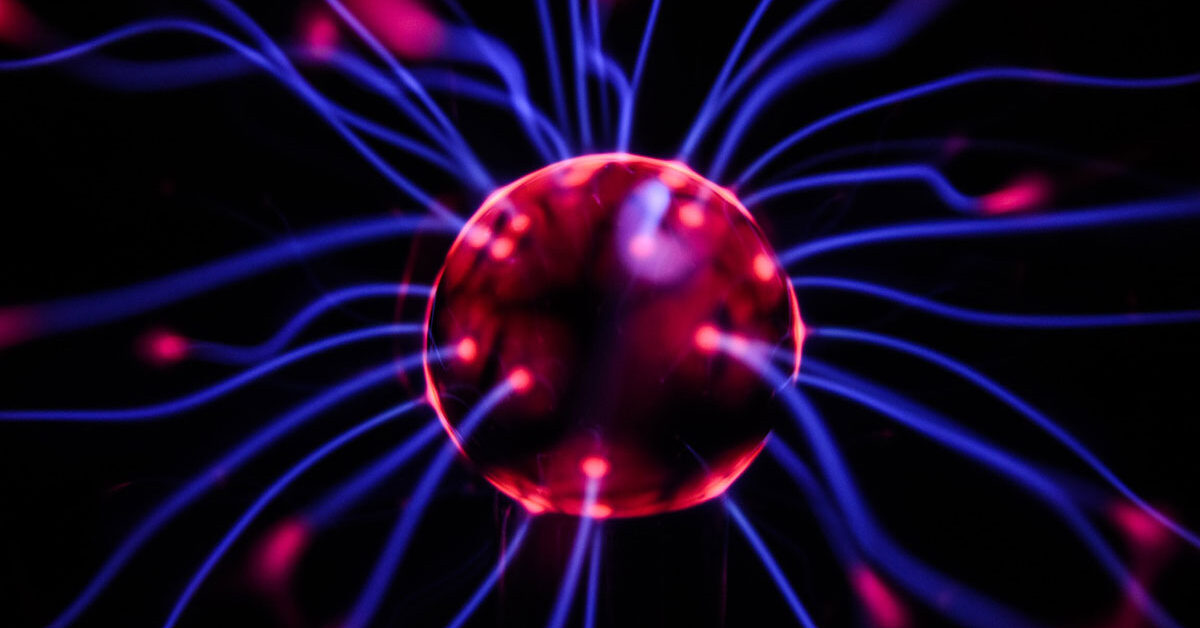Back in May 2019 the UK government declared a climate emergency. Perhaps you remember this in the press? Perhaps not. The word ‘emergency’ suggests the need to stop everything, take immediate action, all hands on deck! However since the climate emergency declaration how much has actually changed? And why do we all not feel compelled to do what is needed to mitigate the threats scientists tell us we are facing?
The answer may well lie in our neurological programming. We as a species are not great at digesting and critically analysing new data. Even data which poses a huge potential threat such as climate change. According to behavioural economist Daniel Khaneman: “Laziness is built deep into our nature.”
Call it laziness, or call it efficiency, our brains spend a great deal of time falling back on neurological shortcuts called cognitive biases. These time saving and energy saving functions are massively helpful…most of the time. Biases allow us to navigate a busy world without being overloaded with data and stimulus. Sadly, when it comes to climate change, these biases are not serving us well, and may be to blame for the fact that so many people have not engaged with the stark reality of the climate emergency.
There are hundreds of cognitive biases, here are just four which may be hampering our ability to respond to the threats of climate change.
- Ostrich Effect Bias: We avoid negative information
This bias is gloriously self-descriptive. The Ostrich Effect describes our brain’s tendency to ignore obviously negative information.
“Shall we watch that climate change documentary on iPlayer?”
“Erm…let’s see what’s on Netflix instead, shall we?”
2. Status Quo Bias: We resist change
Most of us feel most comfortable with things which we are accustomed to. Familiarity feels safe. Change on the other hand can seem risky and uncertain – two feelings we are programmed to avoid. So even when we know we should alter our lifestyles to reduce our carbon footprints, changing ingrained habits can feel like a huge task we’d rather skip.
3. Reactive Devaluation Bias: We dismiss information if we don’t like the source
Whether we like a person (or not) massively impacts the way we judge the information they deliver. So if you happen to find Greta Thunberg galling, David Attenborough dreary or Caroline Lucas contemptible, you’re probably going to discount what they say, before they’ve even opened their mouths.
4. Belief Bias: We assess new information against previous knowledge and beliefs
The belief bias posits that when we assess new information, we compare it to information which we already have about the world. We then decide whether to believe a claim based on whether it tallies with this worldview, rather than whether the facts add up or not. So people will agree with conclusions that seem right to them, even if the logic is deeply flawed. And the reverse is true – solid scientific arguments that feel disturbing or threatening will be rejected.



